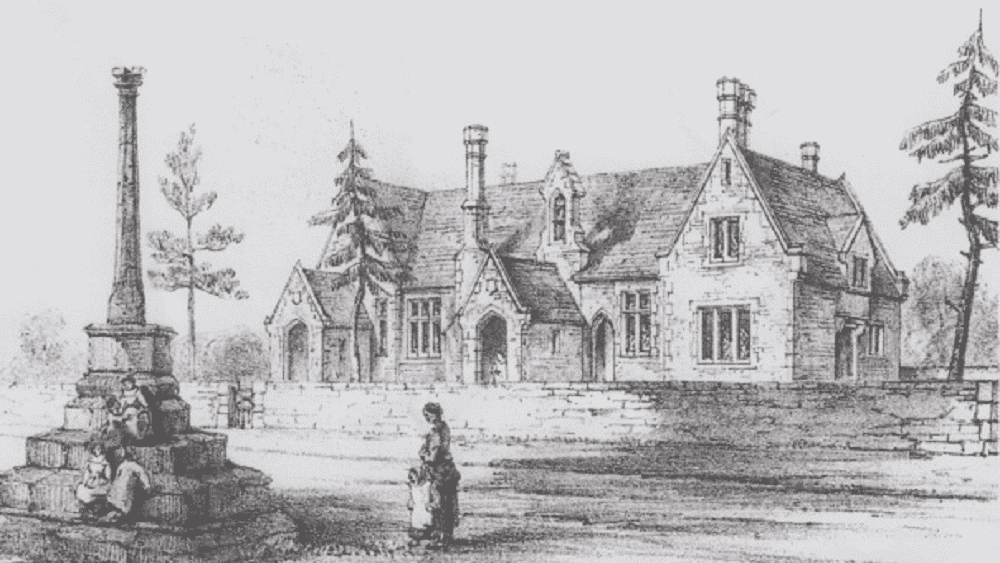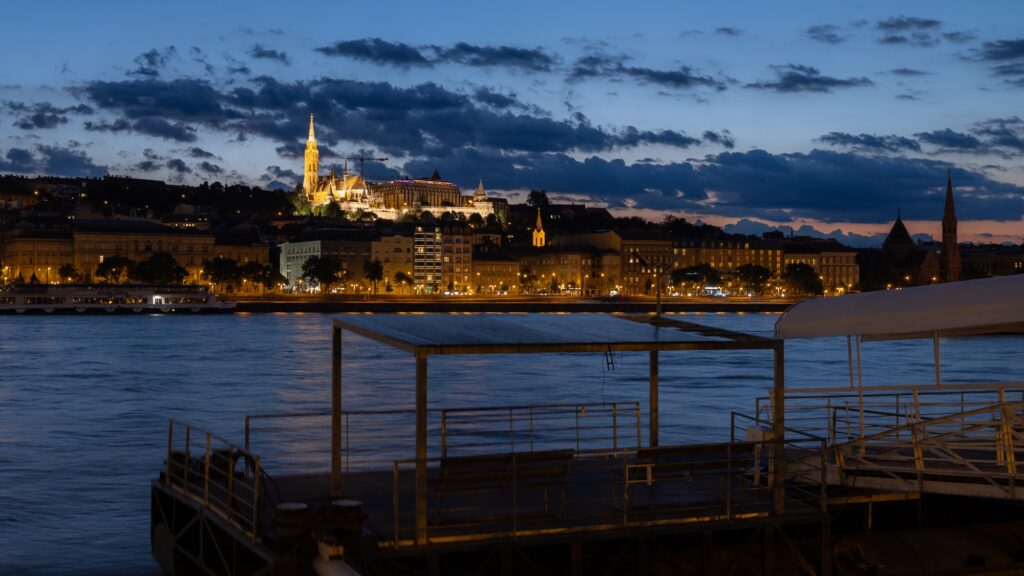As I pack away my clerical stole at the crematorium, Stewart the duty manager tells me that priests are a rarity. ‘When I first started back in the 80s,’ he quips, ‘nine out of ten services were conducted by a minister, usually ‘C of E’, Church of England vicar. Now it is the other way around.’ When I enquire whether the Humanists or Pagans are picking up trade he shrugs his shoulders. ‘Not really, Humanists are just as rare. The de facto choice is the so-called ‘secular celebrants’ who will construct a service for the next-of-kin without any recourse to church rules or set formula.’ From eavesdropping I know that a typical secular send-off is a pick-and-mix of sentimental iTunes tracks, hackneyed poems, generous hagiography, Frank Sinatra crooning My Way rounded off with the Lord’s Prayer thrown in for good measure. Anything is permissible.
Driving back home, I am once more troubled with weighty thoughts of the rapid disintegration of the Christian landscape during my twenty five years as an Anglican clergyman. The funeral conversation tallies with the 2022 census results putting churchgoing at an all time low
and the Christian population for the first time as a minority at 40 per cent.
This is what keeps me up at night. The seemingly unsolvable cultural riddle is not good for insomnia. I can excuse liberal mainstream churches for capitulating to the demythologizers and the Woke, but I can’t understand why decades of Tory rule has not put the brakes on this? The very party which should have confidence in its Judeo-Christian roots seems as eager as the Guardianistas to sideline it. For what? If we are not to conserve our spiritual heritage, the vacuum will surely be filled by more pernicious ideologies. Surely a conservative party of any use should know that deep in its belly, and be able to articulate what it is conserving? Ironically, other faith communities by and large share these concerns. The last thing they want is Christmas to be rebranded to ‘Winterfest’ and ‘God Bless’ to be banned in the workplace. Hindu priests, Rabbis and Imams are the first to argue for a Britain confident in its Christian roots.
The Coronation exposed similar ambiguity.
The public gorged on the pomp and circumstances, but few could identify what any of it meant. The paucity of catechesis from the Established Church became telling, and an opportunity to unlock minds to the mystery of Christian service and kingship were lost. The official website explaining the Eucharist at the coronation was so theologically subpar it might as well have been describing the royal proceedings being interrupted by a picnic presided by Pooh bear.
Even a daytime television quiz show this week had all contestants baffled at the collective name for the Father, Son and Holy Spirit. No one got ‘Trinity’ and even the celebrity host appeared bemused. In a seemingly data rich society the most basic facts elude us. Probably the most ironic instance was during the 2019 inferno of Notre Dame Cathedral when one of the nation’s best known BBC newsreaders frowned as he solemnly told viewers that a Parisian clergyman had rushed up to the high altar to rescue a precious ‘statue of Jesus.’ None of this made any sense. What statue? Lost in translation, what the priest had actually risked the three thousand degree inferno was to empty the tabernacle of the Body of Christ, the consecrated Holy Communion. Rowan Williams in his outgoing sermon as Archbishop sums it up well: ‘Britain remains a Pagan land haunted by Christianity.’
As a parent, one of my biggest bugbears is Religious Education (RE). I knew not to expect full-on catechesis, but a curriculum of
multicultural mishmash which fails to teach the grammar of the Judeo-Christian tradition is worse than nothing.
Woodwork classes would be more useful, at least this would have something to do with Jesus of Nazareth! In my school days, the RE teacher invariably stood out as the token overt Christian and even the most atheistic headmaster understood regular intakes of Bible teaching offered the boys and girls a moral framework. Now Christianity is delivered in class with the hermeneutic of suspicion, and teachers are warned not to share their faith unless they have none. Picture maths classes, where the curriculum forbade solving anything until students could make up their mind whether they liked the subject. All of this led by a teacher unfamiliar with the times tables! Most sixteen- year-olds sitting the GCSE examination this summer will struggle to navigate the Bible even after five years of extensive study. Buddhist wisdom on Climate Change or the Humanist arguments for abortion is another matter. Even the churchgoing students find RE unadventurous.
This could be so different. Knowing as a personal friend the author Rod Dreher (Benedict Option, Live By Lies) I am impressed by his experience of moving to Hungary. He recounts how having suffered the Soviet atheistic ‘experiment’ Eastern Europeans are considerably more energised to be upfront, overt and strategic in preserving the Faith. Their churches are growing, while ours are falling off a precipice. Of course, the Western liberal media elites will
write off modest promotions of Christianity in Hungary as Alt-Right theocracy.
They do this while conveniently ignoring the blatant religiosity of secular postmodern wokeism, its apocalyptic bedfellow, climate alarmism, along with the eye-watering money invested into all of this by globalist multinational patrons and tech giants. New ‘cathedrals’ are being erected before our eyes while old ones are casually torn down. Hurrah for Hungary. Britain could do well to humbly take note before it is too late. A post-Christian country is not worth thinking about.








